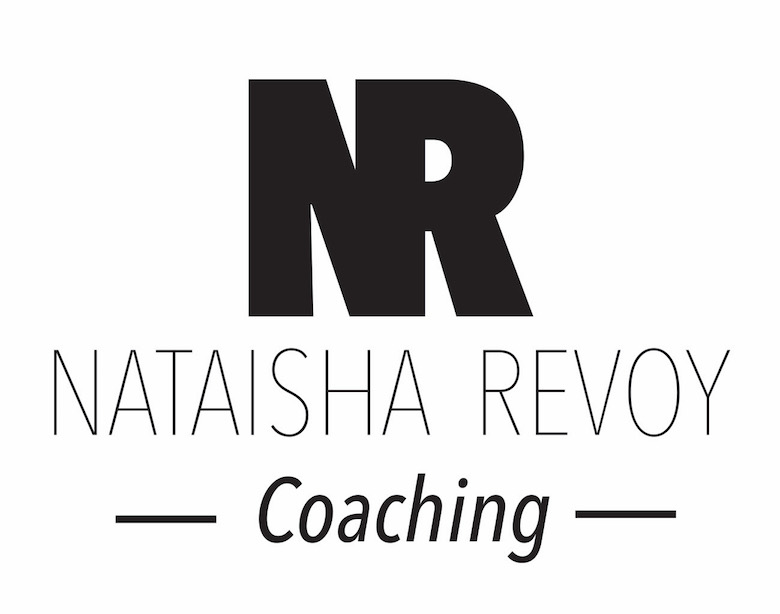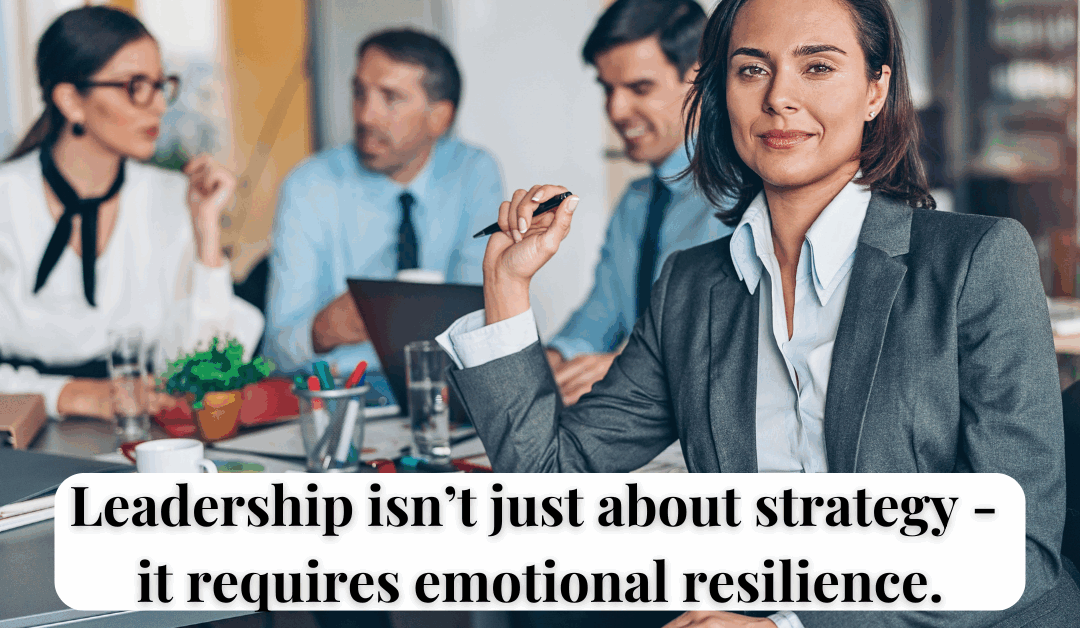Understanding the Emotional and Personal Challenges Leaders Face
Part 2 of our 4-Part Series on Leading Through Change
In today’s fast-paced and evolving workplace, many leaders are silently carrying the emotional toll of leadership—navigating stress, decision fatigue, and guilt while trying to lead through constant change.
In Part 1 of this series, we explored how change has become a constant. But while many organizations focus on strategies and structures, the emotional challenges leaders face often remain unspoken.
Today, we’ll explore how the rapid pace of change is affecting leaders emotionally and personally—and why it’s crucial to address these challenges head-on.
The Emotional Toll of Change on Leaders

Leading through constant change is not only mentally demanding—it’s emotionally exhausting.
Here are some of the most common emotional challenges leaders tell me they’re navigating today:
Stress
The accelerating pace of change brings an overwhelming sense of pressure. Leaders are expected to juggle multiple priorities, adopt new tools, and guide teams through uncertainty. If left unchecked, this stress can lead to burnout and decreased effectiveness.
Fear of Falling Behind
With AI, automation, and other innovations advancing rapidly, many leaders feel like they’re being left behind. The fear of not keeping up or meeting evolving expectations can paralyze decision-making and erode confidence.
Decision Fatigue
Leaders today face an ever-growing list of decisions—often under tight timelines. The pressure to always be “on” can lead to decision fatigue, which reduces decision quality and strains team dynamics.
Imposter Syndrome
As expectations shift and new technologies emerge, some leaders experience imposter syndrome—the feeling that they don’t belong or aren’t qualified to lead in this new environment. This self-doubt compounds stress and diminishes self-assurance.
Guilt
Leaders often feel guilty for not being able to do it all—supporting their teams, staying ahead of change, and maintaining work-life balance. This guilt can prevent them from taking breaks or prioritizing their own well-being.
A Real-World Example
I worked with a client who shared that he felt the need to simply “push through” the stress and overwhelm because he was too busy to slow down.
Through our coaching conversations, we uncovered the deeper impact this was having,
His health was suffering. His decision-making capacity had noticeably decreased. He was missing opportunities to connect with his team and receive the support he needed during this crucial, high-pressure period.
As a result, he began to feel alienated and guilty—disconnected from both his team and his family. He had fallen into the trap of believing that once he “got through everything,” then he would re-engage with others.
But in reality, waiting for things to “go back to normal” only increased the strain on his well-being.
By bringing awareness to these patterns, he was able to make intentional changes in how he wanted to lead—especially during busy times. He chose to prioritize connection and self-care as part of his leadership, which ultimately strengthened both his well-being and his leadership effectiveness.
Why It’s Essential to Address Emotional Challenges
Ignoring the emotional toll of change can result in burnout, disengagement, and ultimately, ineffective leadership. Recognizing and naming these challenges is a powerful first step.
When leaders acknowledge their emotions and proactively manage their well-being, they create the capacity to lead with clarity, resilience, and empathy—qualities their teams need most during times of rapid change.
Looking Ahead: Building Leadership Resilience

Understanding the emotional impact of change is the foundation for navigating it well. In our next post, we’ll explore practical strategies for building resilience, strengthening emotional intelligence, and adopting leadership behaviors that foster adaptability and well-being.
Which of these emotional challenges feels most familiar to you right now?
Reflecting on your current experience is the first step toward positive change.
Stay tuned—we’re just getting started.
Stay Connected and Care for Your Leadership Well-Being
If this post resonated with you, consider subscribing to receive weekly leadership reflections, practical tips, and tools designed to support both your leadership and your well-being.
Each week, you’ll receive insights to help you lead with clarity, stay grounded during uncertainty, and care for your emotional resilience as you guide others through change.
Get leadership strategies directly in your inbox – Click here to get started
Feeling the emotional weight of leadership right now? You’re not alone.
If you’re experiencing stress, guilt, or decision fatigue, it doesn’t mean you’re doing anything wrong—it means you’re human. I’m here to partner with you to explore how you can lead through these moments with purpose, compassion, and confidence.
Ready to receive support: Click here to set up a discovery session. Let’s talk about what’s coming up for you and how I can help.
💬 I’d love to hear from you:
Which emotional challenges of leadership have been showing up for you lately? Share your reflections in the comments and let’s continue the conversation.

